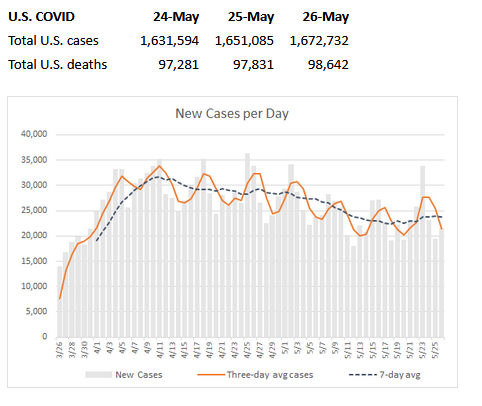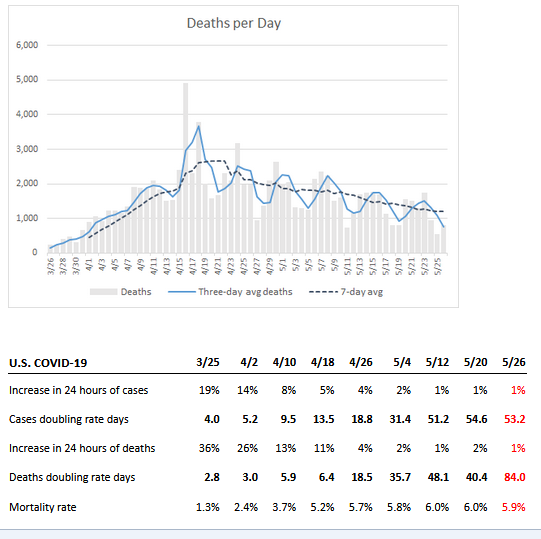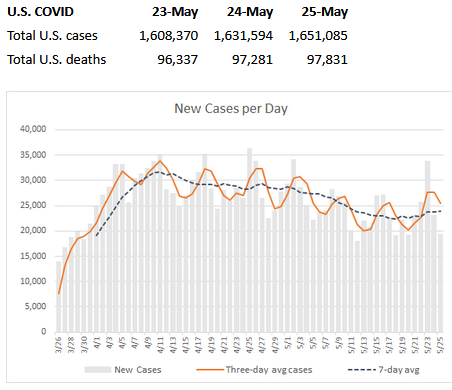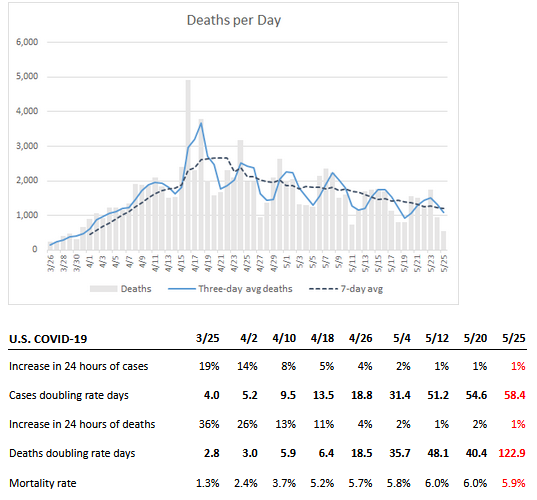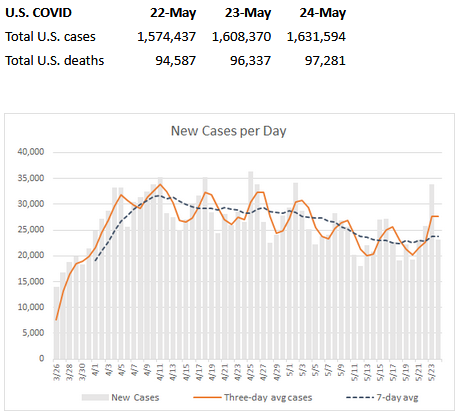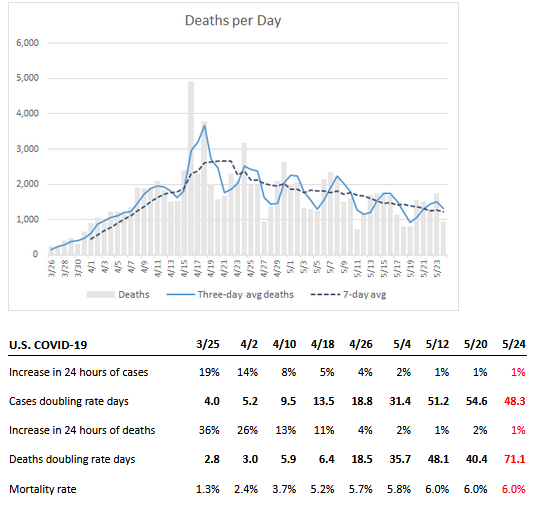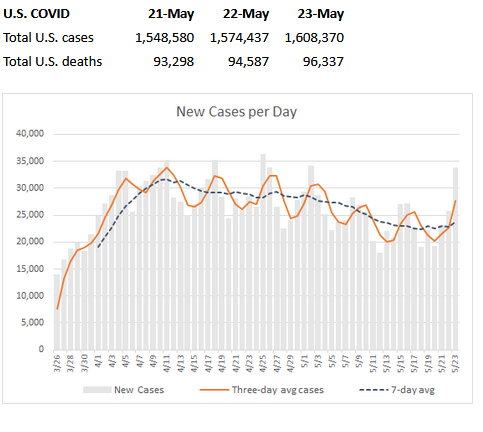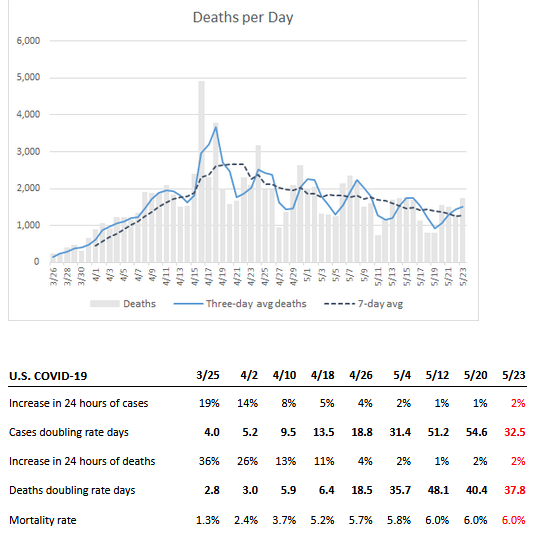I’ve been thinking hard about why I write. It started as an attempt to fix the big things, by explaining what was wrong and how to fix them.
That didn’t work.
Really didn’t work. Almost 100 percent failure.
Unfortunately, much of my writing has continued in this mode: Explain the big wrong things. Didn’t work in the 00’s. Didn’t work in the 10’s. Unlikely to work in the 20s.
I’ve lost a lot of my heart for it. Explaining the world to people makes very little difference to the world, at least when I do it. Predicting trends and events years in advance, same.
So I’m going to change the emphasis of my writing. Oh, there’ll still be grand explainers, but I’m going to write them less with the hope that they’ll change the world, and more so that they help individuals and small groups navigate the world better. That way at least I’m more likely to help people
The big stuff is pretty much locked in now: We’ll see really bad climate change, we’re moving to a two-polar or multi-polar world, surveillance societies will be the norm until collapse, inequality will keep increasing in most countries, etc. Some is more locked in than other stuff; we could, in theory, reverse inequality (and we will, the question is when), but climate change is here to stay, and the international trade order is falling apart.
Back in 2000, when Bush v. Gore happened, my friend Stirling Newberry said, “We’re going to ride this bucket all the way down to hell.”
He was right.
But, as I emphasized yesterday, even in very bad times, some people are doing well, and others are doing better than they might have. Perhaps we’re unlikely to change the big picture, but more of us can change our picture and those of smaller groups.
Knowing how the world works, how governments, large corporations, and billionaires work, and knowing how non-human systems like the environment work, will be useful to those people. You may not be able to change the world (though keep trying if you want, someone will), but you can adapt better or worse to it.
This doesn’t mean I won’t keep writing the bigger pieces. I’ve spent most of my adult life building a world model of which I’m proud. It’s different in some ways from anyone else’s (this doesn’t mean better, though I hope it is better than most), and I want to get it out into the wild. My book “The Construction of Reality” is part of that (and stuck at the editor who is overwhelmed thanks to Covid-19), and there will be other books, long essays, and so on.
Maybe that world view will find an audience in the future or be useful to the future, maybe it won’t, but I want to give it a try.
But on the blog, I’m going to shift the emphasis in articles to not just what’s going to happen but why and try and pull out more of the reasoning so that readers can learn to do the analysis themselves, and can use it plan for and react to the world’s changes over the next few decades.
Things are going to be bad–really bad–for a lot of people. The time is past where most of that can be stopped, and the odds of stopping that which can still be stopped are, in most cases, small, and beyond the reach of individuals.
What is not beyond our reach is helping ourselves, those we care about, and–hopefully–some people beyond that circle.
And it’s in hope of that, and of a future where people and their leaders are willing to do the right things, the good things, that I am going to reorient my writing.
Be well.
The results of the work I do, like this article, are free, but food isn’t, so if you value my work, please DONATE or SUBSCRIBE.

